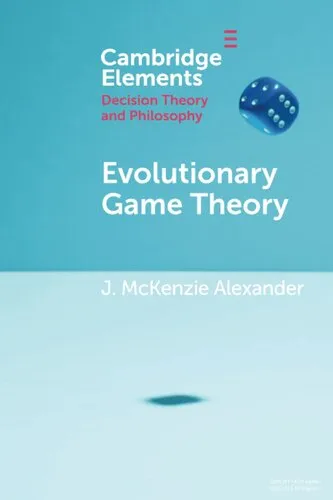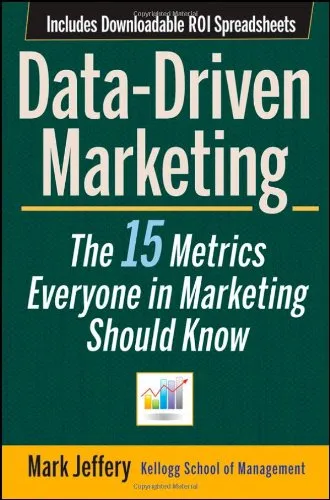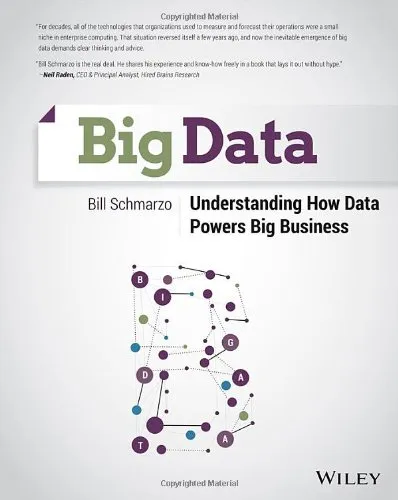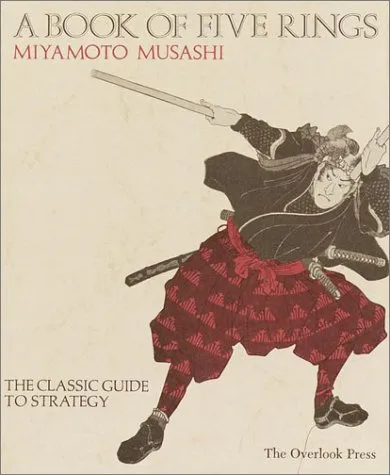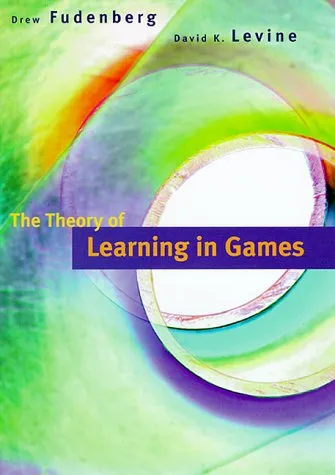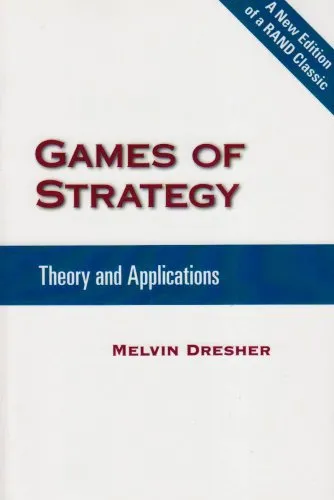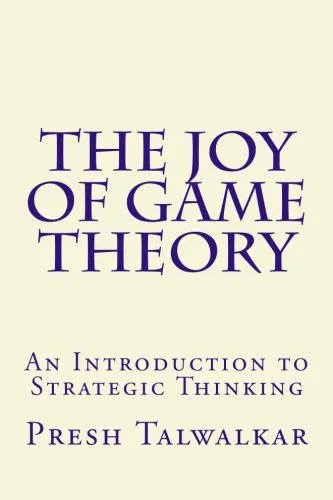Evolutionary Game Theory (Elements in Decision Theory and Philosophy)
4.0
Reviews from our users

You Can Ask your questions from this book's AI after Login
Each download or ask from book AI costs 2 points. To earn more free points, please visit the Points Guide Page and complete some valuable actions.Related Refrences:
Introduction to "Evolutionary Game Theory (Elements in Decision Theory and Philosophy)"
Evolutionary game theory stands at the fascinating intersection of mathematics, philosophy, biology, and the behavioral sciences, providing us with critical insights into strategic decision-making and how it evolves over time. In "Evolutionary Game Theory (Elements in Decision Theory and Philosophy)," J. McKenzie Alexander explores this dynamic field, offering an accessible but intellectually rigorous examination of its foundations, applications, and implications for both theoretical and practical domains.
This book delves into how evolutionary dynamics influence decision-making, examines the shift in perspective from classical game theory to evolutionary contexts, and addresses some of the profound philosophical questions behind human and non-human interactions. Built upon clear reasoning and well-supported arguments, this work is an essential guide for students, professionals, and anyone interested in decision theory, philosophy, and evolutionary biology.
A Detailed Summary of the Book
The book opens with the distinction between classical game theory and evolutionary game theory, highlighting the latter's focus on how strategies evolve rather than assuming perfectly rational players. By exploring examples from biology and economics, readers are introduced to the concept of equilibrium not as a static state but as an evolving landscape shaped by natural selection, imitation, and learning.
One of the central themes of the book is the explanation of equilibrium concepts such as the Evolutionary Stable Strategy (ESS) and its philosophical relevance. Through detailed discussions of coordination games, altruism, cooperation, and even conflict, the book explores how repeated interactions and adaptation influence outcomes over time. By combining theoretical arguments with real-world scenarios, it makes compelling cases for how evolutionary dynamics shape strategy selection in both natural and social systems.
The latter half of the book focuses on pivotal applications of evolutionary game theory. These include its importance in understanding cultural evolution, the spread of norms and conventions, and even the evolution of moral behavior. By drawing connections between game theoretic models and philosophical issues like justice and fairness, the text provides a deeper understanding of how evolutionary principles can inform central questions in human existence. Throughout the book, mathematical concepts and technical detail are paired with philosophical clarity, ensuring accessibility without compromising intellectual depth.
Key Takeaways
- Evolutionary game theory provides a dynamic perspective on strategic decision-making, highlighting adaptation and change over time.
- The concept of Evolutionary Stable Strategies (ESS) is key to understanding how certain behaviors persist or disappear through selection processes.
- Game theory applied to evolutionary contexts helps explain phenomena such as cooperation, altruism, and social norms in both human and non-human settings.
- The book bridges the gap between technical modeling and philosophical inquiry, making it highly relevant for interdisciplinary studies.
- It contextualizes mathematical abstractions in real-world scenarios, enabling readers to appreciate the power and limitations of evolutionary game theory.
Famous Quotes from the Book
"In the real world, evolution does not require players to be perfectly rational; it only requires them to be able to survive and reproduce more effectively than others."
"Equilibrium in evolutionary game theory does not represent stasis; it is the product of dynamic forces that continually reshape the landscape of strategies."
"Understanding altruism and cooperation requires us to look beyond self-interest, to the mechanisms that life itself uses to balance competition and collaboration."
"To comprehend the evolution of morality, we must see it as a strategy emerging from iterative interactions rather than as an immutable ideal."
Why This Book Matters
"Evolutionary Game Theory (Elements in Decision Theory and Philosophy)" is a monumental contribution to the fields of decision theory, philosophy, and behavioral science. By exploring the adaptive and evolutionary processes that shape behavior, it challenges readers to reconsider the foundations of rationality and strategy. This book breaks down disciplinary silos, showing that evolutionary game theory has profound implications beyond biology — it's critical for understanding ethics, culture, economics, and social institutions.
In an increasingly complex and interconnected world, where human behavior and environmental systems are deeply entwined, this framework provides a powerful lens for grappling with moral dilemmas, designing better social systems, and appreciating the intricate interplay between individual actions and collective outcomes. By offering readers both technical rigor and philosophical insight, this book equips them to deal with foundational questions about life, cooperation, and the evolution of strategic behavior.
Ultimately, this book matters because it challenges us to think deeper about the mechanisms driving human and non-human interactions, inspiring new ways of viewing the world and offering tools to address some of the most pressing issues of our time.
Free Direct Download
You Can Download this book after Login
Accessing books through legal platforms and public libraries not only supports the rights of authors and publishers but also contributes to the sustainability of reading culture. Before downloading, please take a moment to consider these options.
Find this book on other platforms:
WorldCat helps you find books in libraries worldwide.
See ratings, reviews, and discussions on Goodreads.
Find and buy rare or used books on AbeBooks.
1309
بازدید4.0
امتیاز0
نظر98%
رضایتReviews:
4.0
Based on 0 users review
Questions & Answers
Ask questions about this book or help others by answering
No questions yet. Be the first to ask!
